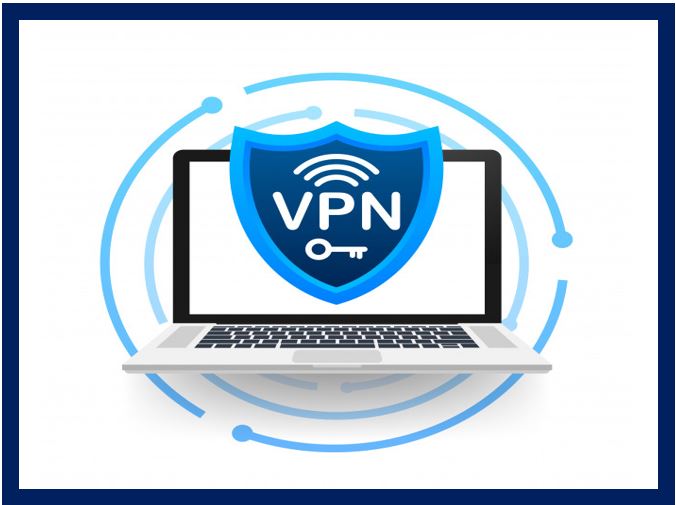
VPN is short for Virtual Private Network. A VPN basically is used to encrypt and secure an internet connection by rerouting it so that you would be able to search anything on the internet while remaining anonymous. It enables the users to stay connected to the internet privately and doesn't reveal anything even though it hides the actual IP address of the computer that you use. It makes your network completely secure so that no hacker can access your bits of information. It establishes an encrypted tunnel between the user's device and the VPN server.
There are plenty of VPNs available in the industry and choosing the most secure VPN becomes a tough row to hoe. Luckily, VPNBrains guides you on how to choose the right VPN. Therefore, you can trust VPNBrains that is an authentic source of guidance for you to make right decisions on choosing the best VPN that suits your needs.
Let's dive into the tips and tricks that you should follow before choosing a VPN for your device.
1. Choose A Trustworthy VPN Provider
When you come to the world of VPNs, you will find many VPN companies that claim quality and features at a reasonable price, but you should thoroughly investigate whether you should trust that company or not. You should not be carried away by a company that advertises most, or offers exciting features. Most importantly, you should focus on the encryption techniques and protocols that a VPN is based on. If a company provides reliable security features and anonymity, then you should move a step forward. Websites that have genuine customer reviews and discuss VPN providers are trustworthy and reliable sources of getting a good VPN. It depends on your research; the deeper you research, the more information you will get on the technology. According to our thorough study, a website https://www.vpnbrains.com/ helps in choosing the right VPN for your needs. VPNBrains aims to provide its users with genuine and honest reviews on VPN services.
2. Check The Logging Policy
One of the main factors that you must consider while choosing the right VPN is the company's logging policy. This logging policy will tell you what type of information the VPN provider will collect from you. Through the logging policy, you can check whether the company you choose is reliable or not. That's why it is important for your privacy. A VPN provider that provides a no-logging policy will not save your information about the internet activities you perform, whatever you search will remain private.
You can visit the company's website to check their logging policy. Check the privacy policy section that states the information that it will collect from you. A good VPN provider will only collect your basic information such as your username or email address, and your credit/debit card information that you provide for the service.
3. Identify Your Needs
You must first decide why you need a VPN. The reasons may be that you want to access restricted content, or you want to encrypt your personal data. If it is for security reasons, then you should check the industry-based security protocol that the VPN provider uses. It is important for the encryption and security of your data. If you are on a budget, consider using one of the free services available. If you want to access restricted websites, then a free VPN will be ideal for you. However, if there are other reasons too, then you should use a paid VPN.
4. Plenty Of Servers Is The Best!
You should find out how many servers your VPN provider is providing you. It is convenient to use a VPN with numerous servers to connect with. To know this, search for a section on the website called "Server List". This section will show you the complete list of all the servers accessible to your near area.
Normally, we recommend that having lots of servers is a good way to find a speedy server that to connect to for fast speed and reliability. Choose a provider that offers at least 500 servers.
5. Consider Level of Encryption
Last but not the least, you should also consider the level of encryption that your VPN provider is offering. In addition, choose a VPN with stronger encryption standards, as it is difficult to break and provides better security and protection. In the VPN industry, 256-bit encryption is considered standard encryption. You can check the encryption levels in the features section of the website.
You may be interested in: Benefits Of VPN You Didn't Know Yet


No comments:
Post a Comment